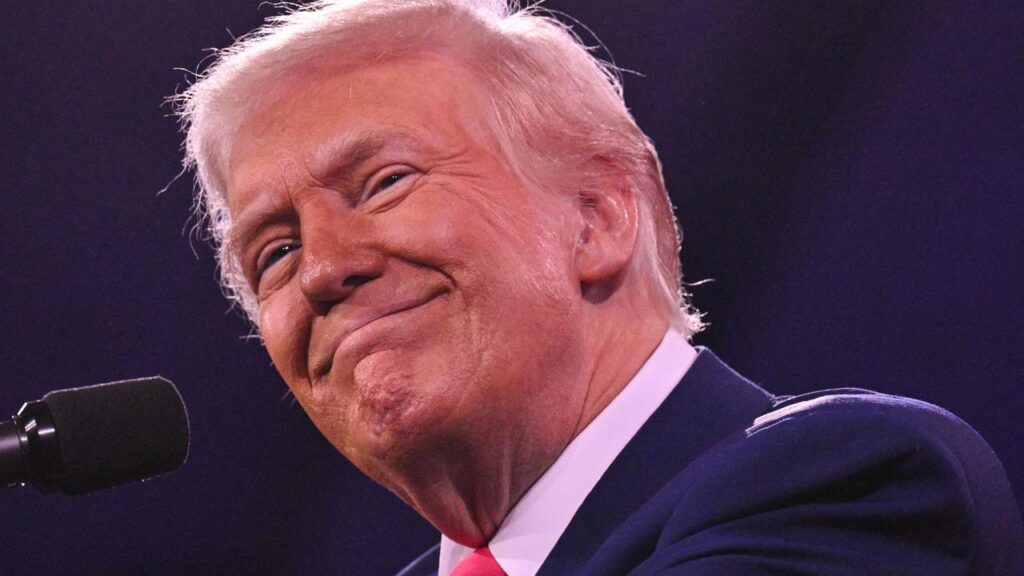
US President Donald Trump has announced significant new tariffs targeting Mexico and the European Union, escalating trade tensions with two of the United States’ largest trading partners. Effective August 1, 2025, the tariffs will impose a steep 30 percent charge on goods from Mexico and the EU, greatly heightening existing negotiations.
In letters shared on his Truth Social platform, Trump justified the tariff increase by citing Mexico’s involvement in the flow of illicit drugs into the United States and a persistent trade imbalance with the EU. Both regions promptly criticized the new duties. The European Commission warned that the tariffs could disrupt essential supply chains, but reiterated its commitment to continuing discussions aimed at reaching a mutually beneficial agreement.
Mexican officials characterized the tariffs as an “unfair deal.” In response, Claudia Sheinbaum, Mexico’s President, expressed optimism about reaching a resolution, stating, “We are going to reach an agreement with the US government.” She emphasized that ongoing talks in Washington would position Mexico more favorably by the implementation date.
Trade relations between the US and Mexico are particularly significant, given that approximately 80 percent of Mexico’s exports are sent to the United States. Trump has previously criticized Mexico for not doing enough to curb illegal migration and drug trafficking, often using tariffs as leverage in negotiations.
Reactions from European Leaders
The EU’s response has been equally swift, with Ursula von der Leyen, the European Commission President, stating that the imposition of 30 percent tariffs on EU exports would harm businesses and consumers on both sides of the Atlantic. Von der Leyen affirmed the EU’s readiness to continue working towards an agreement before the August deadline while also preparing to implement countermeasures if necessary.
French President Emmanuel Macron expressed “very strong disapproval” of the tariff announcement, urging EU leaders to defend European interests robustly. Italian Prime Minister Giorgia Meloni called for cooperation instead of confrontation, emphasizing the importance of reaching a fair agreement that benefits both sides.
As the situation unfolds, the Netherlands’ caretaker Prime Minister Dick Schoof remarked that the tariffs were “concerning and not the way forward,” reinforcing the need for a unified EU approach in negotiations with the United States.
Context and Implications
Since taking office in January, Trump has implemented a series of fluctuating tariffs on various trading partners, leading to volatility in financial markets and increasing fears of a global economic downturn. His administration faces pressure to secure trade agreements after promising a wave of new deals. To date, the only agreements announced have been with Britain and Vietnam, alongside temporary reductions in tariffs with China.
The new tariffs on Mexico represent a notable increase from the 25 percent levy previously imposed on Mexican goods earlier this year. Products entering the United States under the US-Mexico-Canada Agreement (USMCA) will remain exempt from these new duties.
As the deadline approaches, tensions between the US and its trading partners continue to rise. Josh Lipsky, chair of international economics at the Atlantic Council, described the current climate as “one of the most precarious moments of the trade war so far,” highlighting the uncertainty that looms over global trade relations.
With more than 20 countries receiving updates on new tariffs, including a 35 percent levy for Canada, the implications of these policies will likely ripple through global markets and supply chains in the coming weeks.





